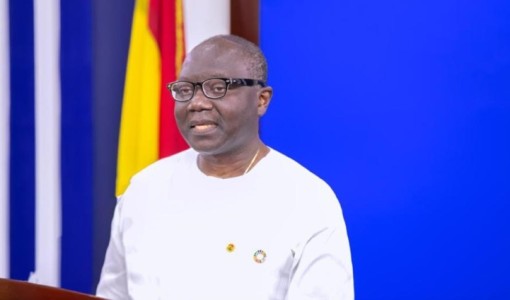Bring back collection of road tolls – Minority demands

The Minority in Parliament wants the government to reinstate the collection of road tolls.
Minority Leader, Haruna Iddrisu says bringing back road tolls will help government in its revenue drive following current economic challenges.
Speaking on the floor of Parliament on Wednesday, Haruna Iddrisu said the issue must be revisited.
“Must it just be a policy directive of the government that, it does not want road tolls, and we will all kowtow to it? No! Everywhere in the world, road tolls play a function, particularly when a public-private partnership is needed to expand road infrastructure. Let’s look at long-term investment, where the private sector will come and pump their money for years. How will they recoup their money when government is doing away with road tolls”, he lamented.
The Ministry of Roads and Highways on Thursday, November 18, 2021, closed all toll booths across the country following an announcement by the Minister of Finance during the 2022 budget presentation to the effect that toll collection would no longer exist in Ghana.
Consequently, it introduced a few economic policies, including the imposition of the Electronic Transfer Levy (E-levy) to strengthen domestic revenue mobilisation and reduce borrowing.
‘We’ve generated only 10% of estimated E-Levy revenue so far’
Although government had high hopes that the E-levy could be the magic wand to Ghana’s revenue challenges, according to a leading member of the governing New Patriotic Party, Gabby Asare Otchere-Darko is, the policy is raking in only 10% of estimated revenue.
The government commenced the implementation of the levy on May 1, 2022, after its initial announcement in the 2022 budget.
In a series of tweets, Mr. Otchere-Darko said the e-levy, since its implementation has generated less than GH¢60 million instead of the expected GH¢600 million.
“After 5 months of stalemate and bashing, the e-levy, after implementation, is delivering only 10% of estimated revenues; our revenues remain very low as compared to the rest of the world; debt levels dangerously high, cedi, like most currencies, struggling against the US dollar.”
Source: Citi Newsroom




